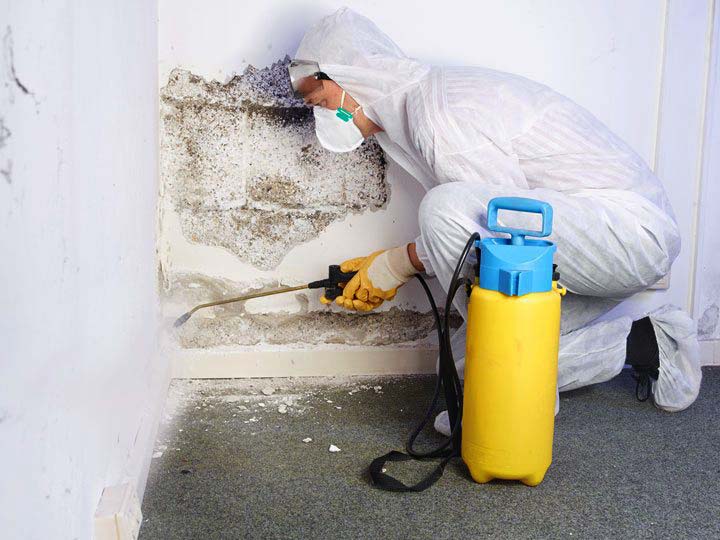Lease contracts are structured to protect the rights and interests of both landlords and tenants. Tenants are responsible for making their rent payments on time, whereas landlords are tasked with maintaining their properties in a condition that is both safe and habitable.
In New Mexico, there are no laws compelling landlords to remediate mold in their property. However, landlords have a responsibility to keep their units habitable while tenants have the right to live in a safe home.
Therefore, tenants in New Mexico must notify their landlord whenever they face mold problems in their homes. The landlord will then seek professionals to remediate the mold problem in good time.

What we cover
ToggleLandlord rights and responsibilities in New Mexico
- Keep the unit clean, safe and habitable.
- Make all repairs reported to them by their tenants
- Collect rent.
- Request for and return the security deposit.
- Offer privacy to their tenants.
- Maintain the common areas.
- Pay all costs and fees for the property.
Tenant rights and responsibilities in New Mexico
- Pay rent as agreed.
- Comply with all building and housing codes.
- Keep the unit clean and habitable at all times.
- Pay for or perform minor repairs and maintenance.
- Proper waste disposal.
- Proper use of all facilities.
- Ensure quiet enjoyment for neighbors and other tenants.
- Not to deliberately or negligently destroy any part of the unit.
How long does a landlord have to repair mold in New Mexico?
Landlords in New Mexico have a duty to provide a habitable living space for their tenants. One way of doing it is by making repairs requested within a reasonable time.
For emergency repairs or damage that may make the unit uninhabitable, the landlord has 24 to 48 hours.
For other repairs, landlords in New Mexico have up to 7 days. Follow what mold laws are like in other states here.
If the landlord does not fix the damage after a reasonable time, tenants can withhold rent or break their lease without penalty.
Mold disclosure law in New Mexico
New Mexico does not have any laws that require landlords to disclose the presence of mold in their units to new tenants.
A federal law that requires them to disclose the presence of lead paint for homes built before 1978.
Here are some of the other disclosures that landlords should make:
- Details about the security deposit.
- Any additional fees over the rent.
- A move-in checklist indicates any material damage to the unit.
- Local rent control rules.
- Information on the use of shared utilities.
- Smoke detector and alarm installation.
- The identity and location of the landlord and agent.
- If there has been recent flooding in the unit.
- Presence of outstanding building code violations.
Can you break rental lease in New Mexico due to mold?
Tenants in New Mexico can break their rental lease without penalty under the following conditions.
- To start active military duty.
- Invoking the early termination clause by either the tenant or landlord.
- The property is uninhabitable. High levels of mold are a health hazard. If the landlord does not remediate in good time, the tenant can move out.
- Landlord harassment.
Can a New Mexico tenant withhold rent?
A New Mexico tenant can withhold rent to compel the landlord to fix some damage in the unit.
Before tenants decide to withhold rent, they should:
- Be up to date with rent payments.
- Not have caused the damage they are asking the landlord to fix.
- Inform the landlord of the problem before it causes the unit to be uninhabitable.
- Offer sufficient time to the landlord to fix the problem.
- Be willing to get evicted.
You can also opt to pay for the repair and deduct the amount from the rent. The cost of repair must be less than the rent.
Can a New Mexico tenant seek justice in court?
Yes. There are situations where a tenant in New Mexico can seek justice in court.
- Recover damages from the landlord when they believe they have been injured by the presence of mold in their homes.
- You can sue your landlord if their negligence was the cause of the mold.
- Tenants can sue their landlord in small claims court to return their deposit.
- Interferes with your right to quiet enjoyment. Once you sign the rental lease, the landlord should allow you the freedom to enjoy the property in peace. They should always give notice if they want to access the property
- Wrongful eviction.
- When you get injured at the property.
- When your home is uninhabitable. If the home is unsafe and unlivable from mold or another problem and your landlord has refused to fix it, you can sue them.
- Discrimination.













